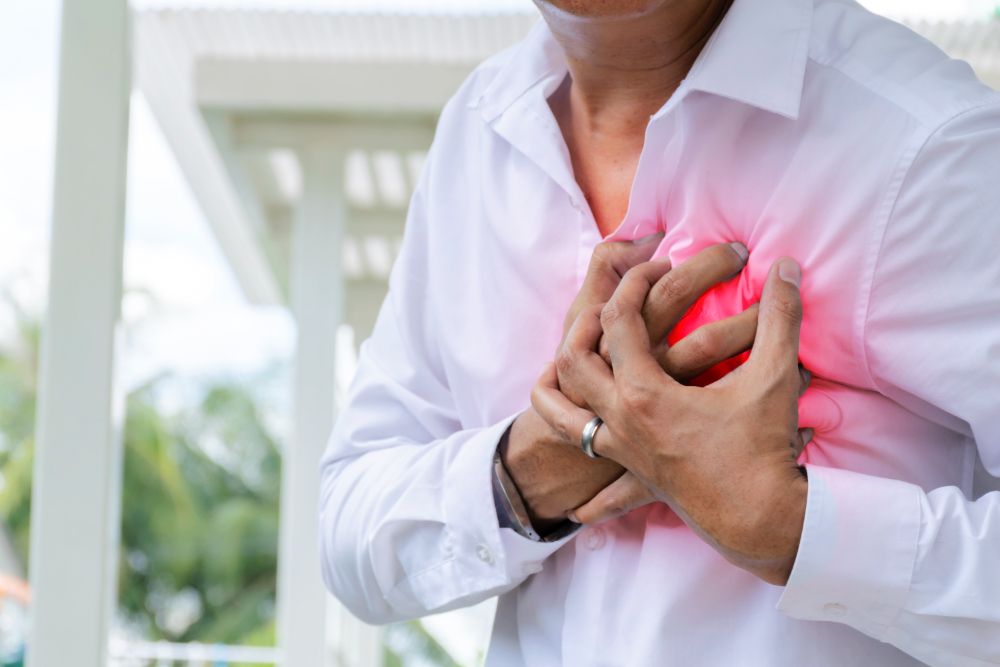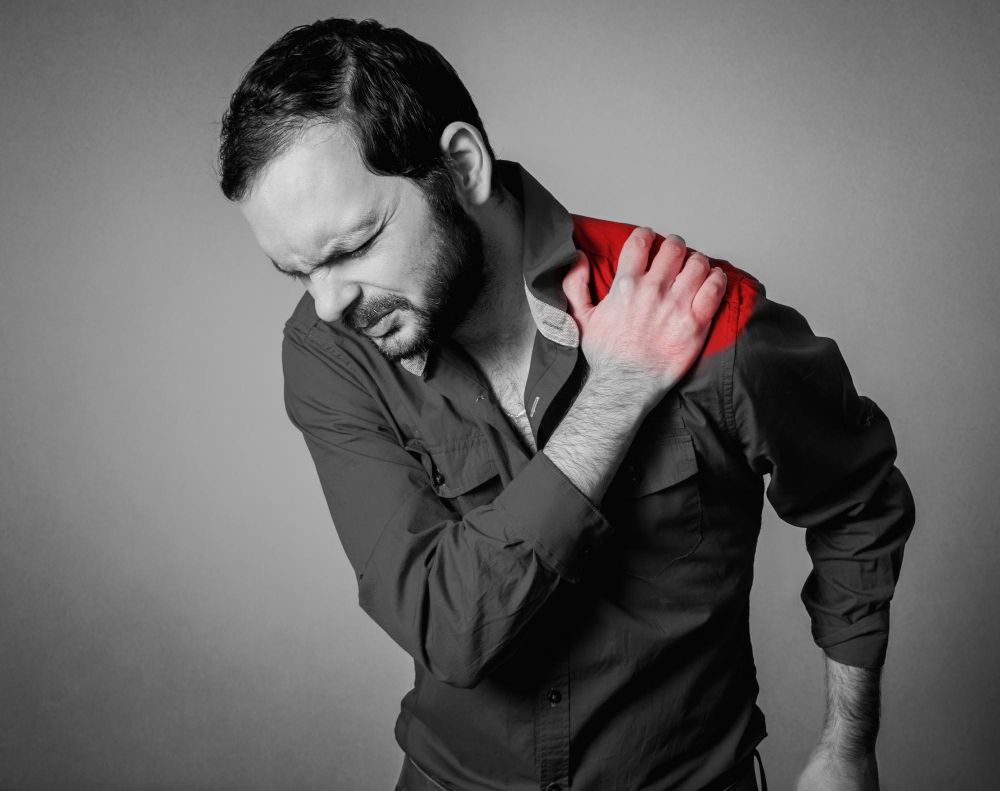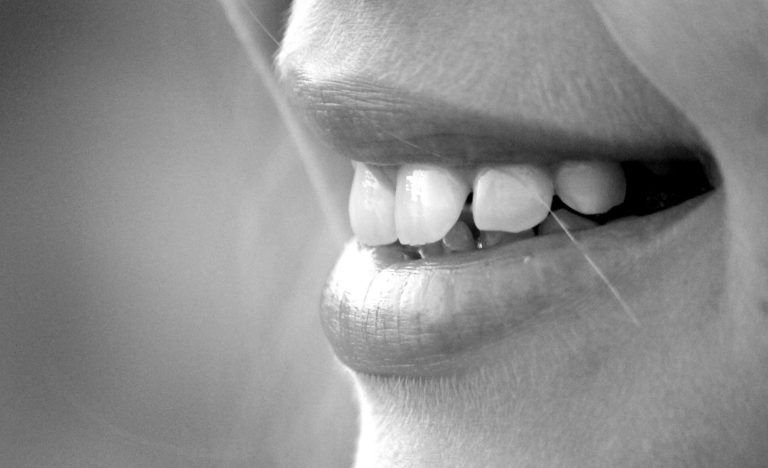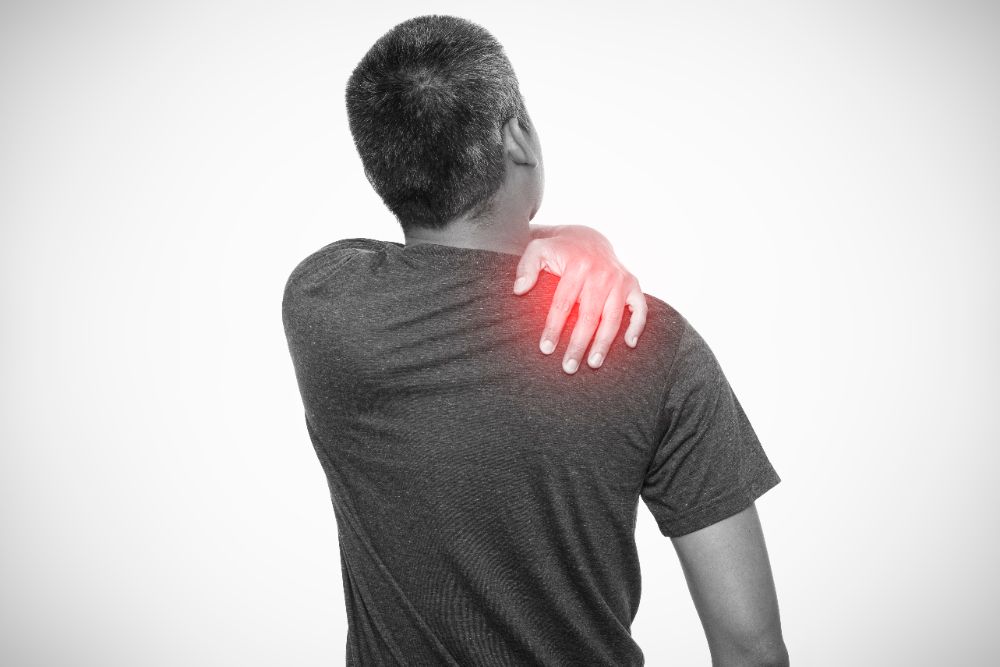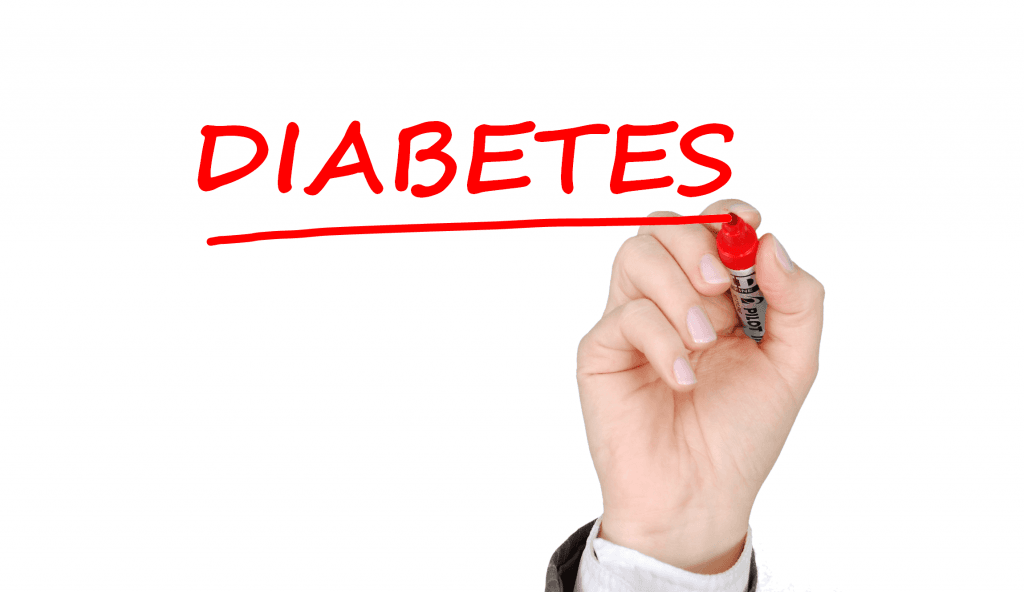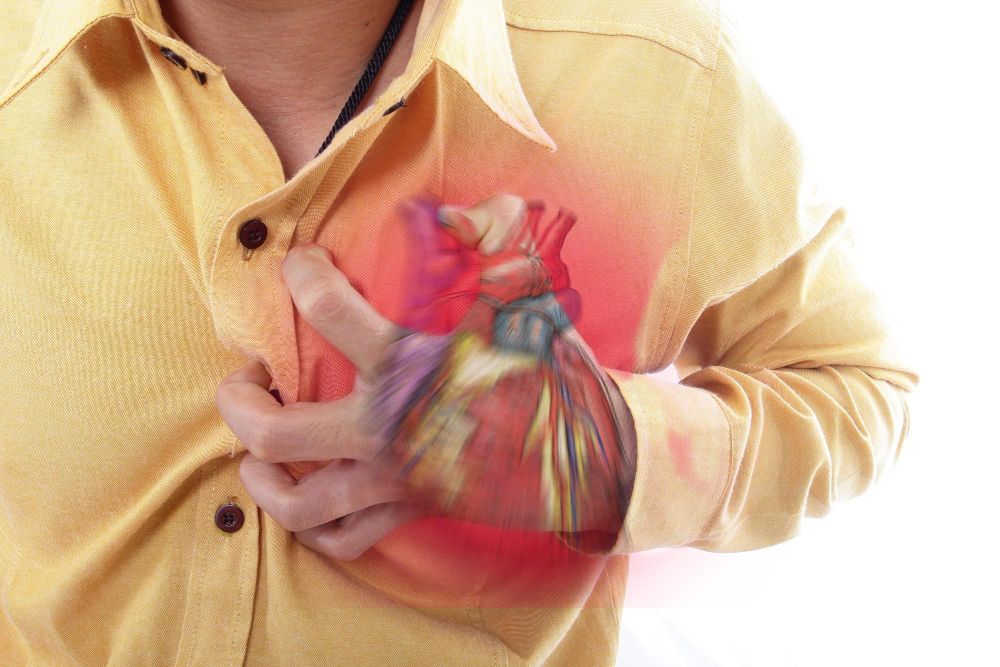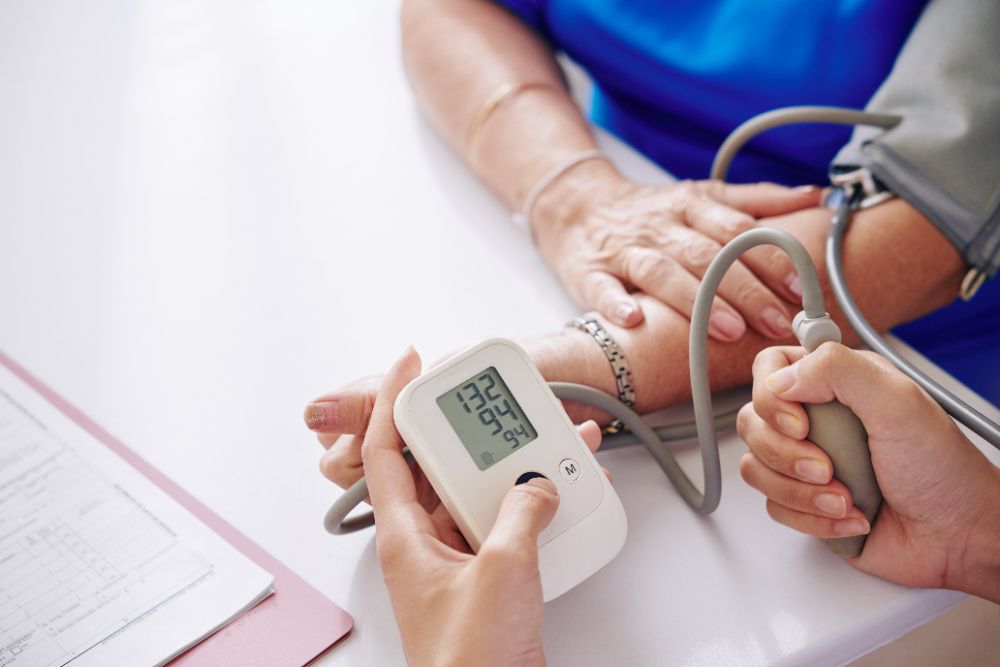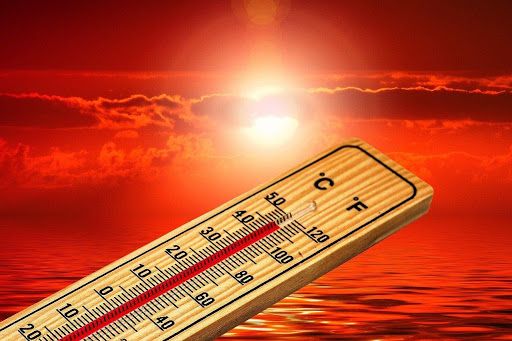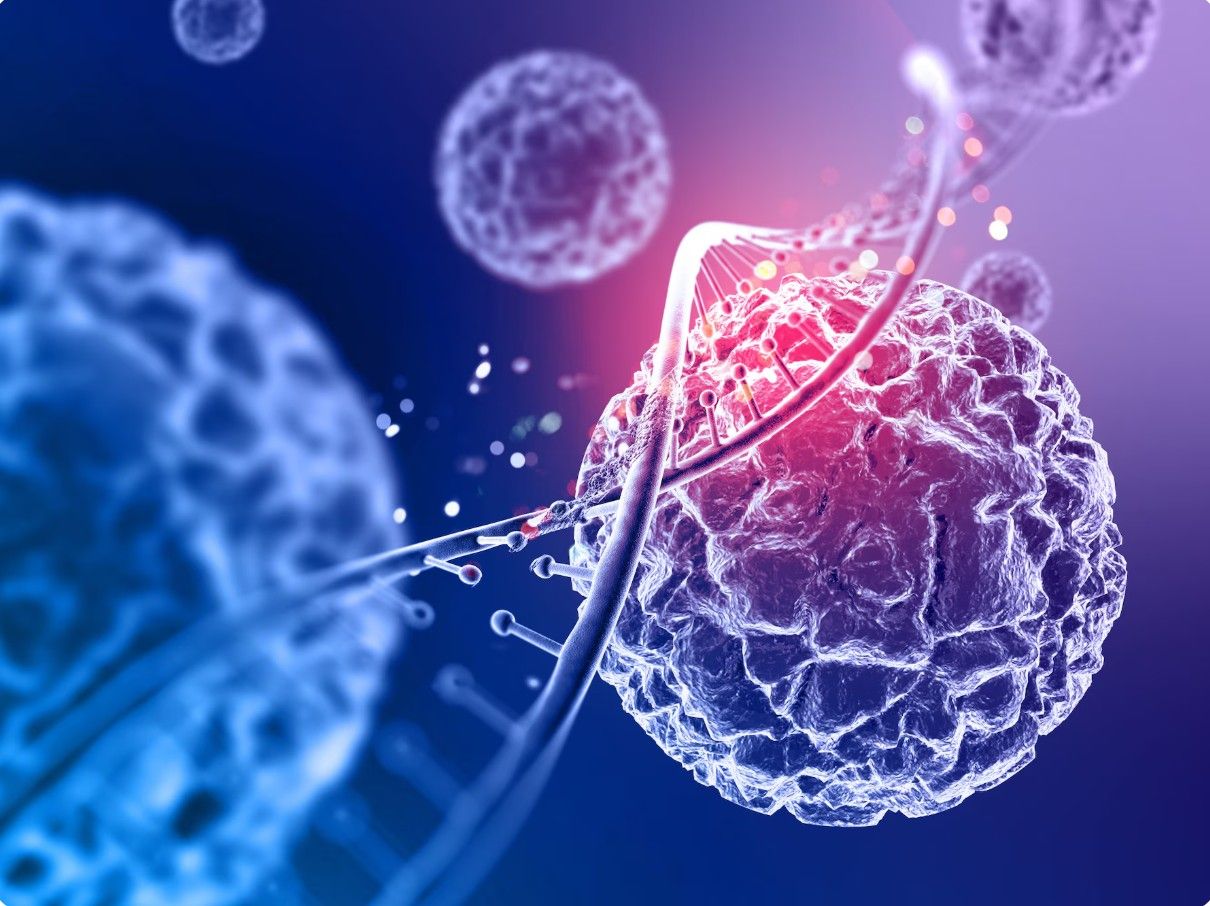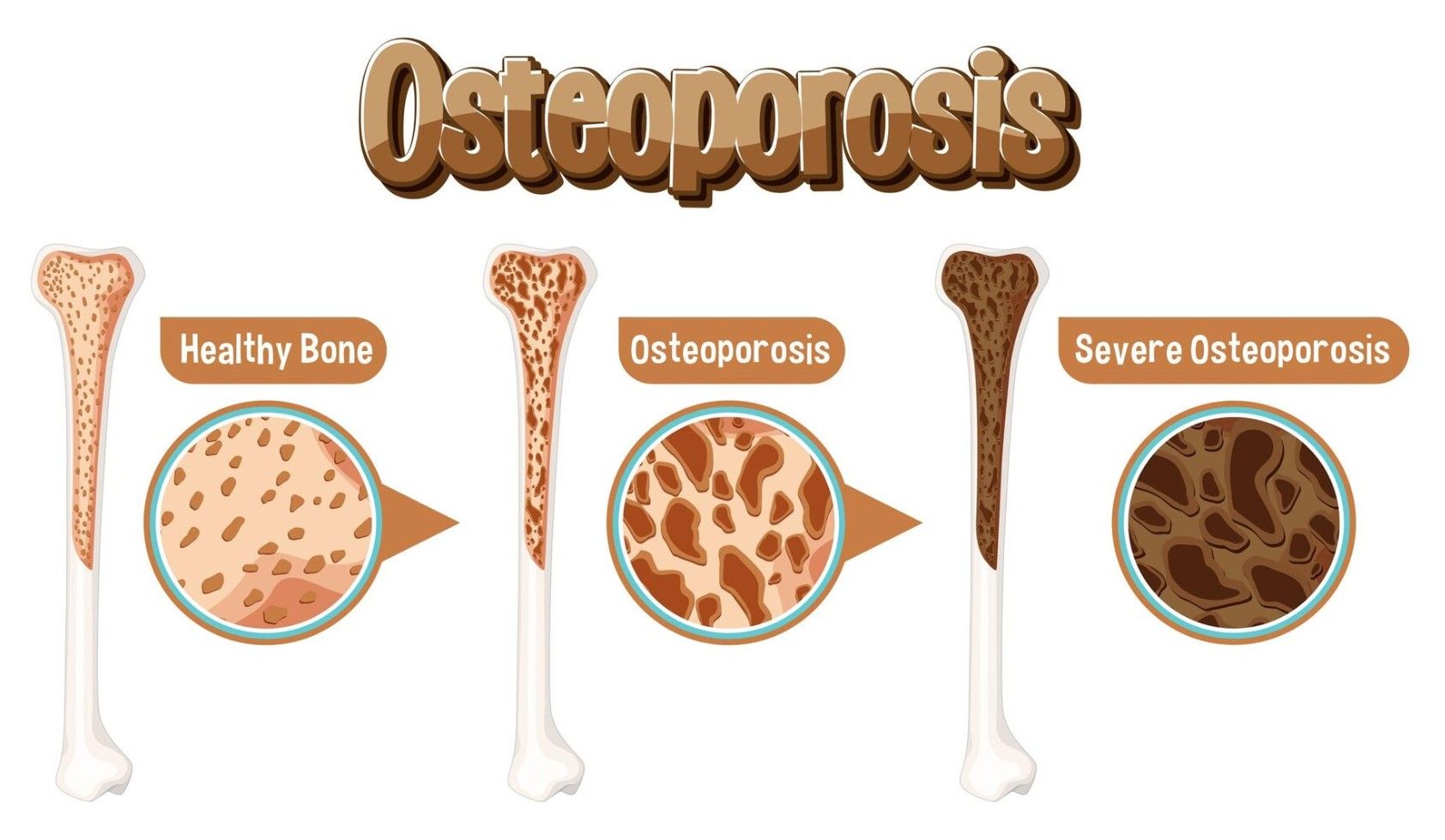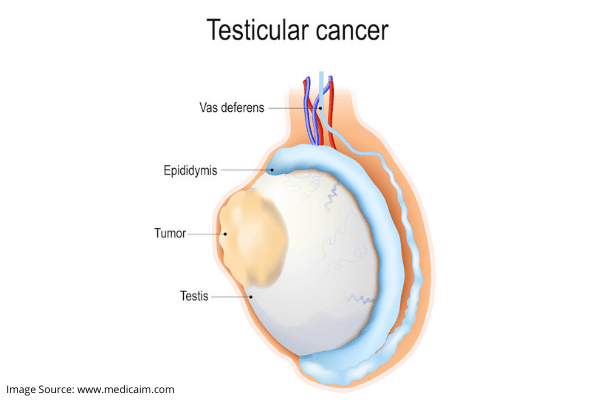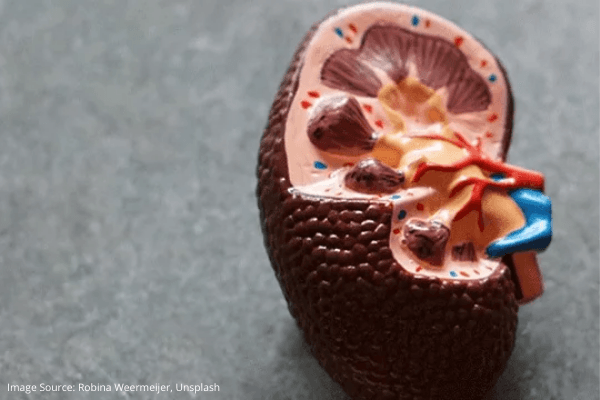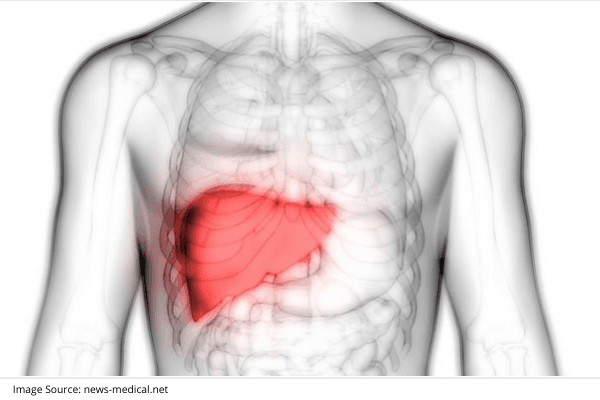Heart Failure
In medical terms, heart failure is often described as congestive heart failure or CHF. It can be defined as a chronic condition where the heart is not capable of pumping blood properly. The upshot is a long-term inadequate function of the blood flow to provide enough oxygen and nutrients to the body. The term heart failure does not mean the heart has quit working but instead implies that the heart is not working properly.
Heart failure can affect the left, right side, or even both sides. In the majority of cases, the left side is affected, which supplies blood to all the body parts. Right-sided heart failure brings fluid buildup into the lungs, abdomen, and even into the legs.
The condition is progressive, meaning it will worsen if not treated properly over time leading to a decreased quality of life and a great risk for complications.
Causes of heart failure
Heart failure commonly follows other medical conditions that occur over time to weaken or damage the heart. Some common causes include:
- Coronary artery disease
- High blood pressure (hypertension)
- Cardiomyopathy
- Heart attack
- Valvular heart disease
- Diabetes
Other causes include arrhythmias or rhythmic irregularities of the heart, congenital heart defects, chronic alcoholism, and viral infections.
Symptoms of heart failure
Symptoms of heart failure include:
- Dyspnea: This is the shortness of breath which may occur with physical activity or even rest. Fluid accumulation within the lungs is the most common cause.
- Fatigue and weakness: Since the heart becomes inefficient at pumping its blood, less oxygen is delivered to the body and people might feel very tired, especially after mild exercise.
- Oedema: Fluid retention is common in the legs, ankles, feet and abdomen because of an inefficient passage of blood through the heart where it builds.
- Palpitations: The heart compensates for its weakness by pounding faster or with less rhythm, which can cause palpitations.
- Persistent cough or wheezing: Fluid can collect in the lungs, which leads to chronic coughing, wheezing, or even coughing up pink-tinged mucus.
- Increased nocturia: Fluid overload over the day may result in increased urination during the night since the body tries to get rid of excess fluid.
- Rapid weight gain: This is a sign of fluid accumulation hence an ominous sign of worsening heart failure.
Diagnosis of heart failure
A diagnosis by a cardiologist often starts with a history and physical examination, but to confirm heart failure, the doctor will perform tests that check on heart performance as follows:
- Electrocardiogram (ECG): This test measures electrical activity in the heart, to diagnose abnormal heart rhythm or scarring from a heart attack or other cardiac problem.
- Echocardiogram: Heart ultrasound. The structure and function of the heart are inspected to evaluate the severity of heart failure in this test.
- Chest X-ray: An imaging test used to show fluid buildup in the lungs and check for heart enlargement.
- Blood tests: Blood tests include BNP levels.
- Stress tests: These tests test how the heart performs when subjected to physical exercise and thus help diagnose coronary artery disease and heart functioning problems.
Management of heart failure
Heart failure is a chronic condition, but proper management may improve a patient's quality of life and slow the progression of the condition.
Lifestyle interventions
A healthy diet consists of lowering the intake of salt to reduce fluid accumulation and then a balanced diet. Physical activity should be regularized as well to build up the heart and flow but under an advisory exercise intensity level by a doctor. It is advisable to quit smoking and cut back on alcohol.
Medications
Several drugs are given to control heart failure; some of them include ACE Inhibitors and ARBs, beta-blockers, and diuretics to manage heart failure. Surgical intervention may be necessary in certain cases to correct congenital defects, such as coronary artery bypass grafting surgery or valve repair/replacement. A pacemaker or a defibrillator may be required to normalize heart rhythm or prevent a potentially fatal arrhythmia.
Ten Effective Remedies That You Can Refer to When You Are Suffering from Muscle Cramps
Finally starting off with the gym life can get too overwhelming until you hit those muscle cramps along with the weights.
Skin Tags - Benign Tumor or Cancerous Tumor?
Skin tag if observed is a narrow stalk that hangs about your skin, bulging at the end. They are usually freshly colored and can grow anywhere on your body.
Rotator Cuff Tear
A rotator cuff tear is a rotator cuff injury that can cause shoulder pain and loss of arm function. The rotator cuff is a set of muscles and tendons in your shoulder.
Importance of Parental Counselling
Right from the moment you tell your friends and family about your pregnancy, little hints keep coming your way on parenting your unborn child!
Taking Care of a Terminal Patient? Here Are Six Ways to Help Them to the Fullest
A terminally ill patient is someone who has a relatively short life expectancy. Terminally ill people are usually shifted from an actively curative medicinal regime
Stages of Tooth Decay and Their Treatment Options
Tooth decay refers to the degradation process of the structure of the tooth resulting in permanent damage.
12 Home Remedies for Dry Cough
The flu, common cold, asthma, cigarette smoke exposure, and other conditions can all cause a dry cough. Home remedies such as honey, peppermint, and air purifiers may be beneficial.
Shoulder Dislocation
Shoulder dislocation occurs when the bones of your shoulder joint are pushed or forced out of their normal positions.
5 Facts to Keep in Mind for Your Monthly Menstruation Cycle
Our menstruation indicates multiple activities within your body. Every month, your uterus forms a thicker lining for the ovary to release an egg for a possible pregnancy.
Different Types of Diabetes
Junk food and increasing physical activity are leading to a worldwide epidemic of obesity, resulting in diseases like diabetes
Dilated Cardiomyopathy
Dilated cardiomyopathy is a form of heart muscle illness in which the heart chambers (ventricles) weaken and stretch, becoming bigger.
Hypertension (High Blood Pressure)
High blood pressure, also known as hypertension, is a condition in which the blood flow against the inner walls of the arteries is persistently high.
3 Cosmetic Dentistry Procedures You Did Not Know About
Over the past few years, cosmetic dentistry has undergone significant evolution in society. With the increasing demand for cosmetic dentistry, it is no longer a luxury; it has become a necessity.
5 Lifestyle Changes That Will Help with Your Urinary Incontinence
Urinary Incontinence is quite a painful and embarrassing condition to have. It refers to the loss of bladder control, which can vary from a slight release of urine after sneezing, coughing, or laughing, to a complete inability to control urination.
5 Tips This Summer to Avoid Heatstroke
Certain jobs demand fieldwork in the scorching heat. The warm weather, bright sun, and the blue skies are not always an excellent working environment for them at all.
6 Home Remedies for Yeast and Vaginal Infections
Yeast infection is common among women. You might have had the experience of irritating soreness and itching that prolonged for days due to not knowing about the cause.
Aortic Dissection
An aortic dissection is a tear in the aorta. This is the primary artery that transports oxygen-rich blood from your heart to the rest of your body.
Bariatric Surgery and Weight Loss
Bariatric surgery, also known as weight loss surgery, is performed on individuals suffering from obesity. It involves a variety of procedures that help maintain long-term weight loss and also aid in treating obesity.
Best Foods to Cleanse Your Liver
Your liver is one of the largest organs in your body and its primary function is to filter the system by converting toxins to waste products, cleansing your blood and process various nutrients.
Infertility and its Major Causes and Treatments
Infertility is an issue that’s on the rise – not just in India but all over the world. It’s estimated that, on average, one out of every six couples has had issues with infertility.
Precautions to be Taken to Avoid Eosinophilia
Let’s begin with talking about eosinophils – they are just a type of white blood cells that are laden with reactive chemicals which get released under specific conditions to cause mayhem in the body
What is BMD Assessment and its Significance in Treating Osteoporosis
Osteoporosis is that creepy monster lurking in the dark, waiting to manifest itself as you age and get less active.
Signs of Testicular Cancer
Men have a pair of testicles located in a sac-like pouch called the scrotum. It forms part of their reproductive system and are responsible for sperm production.
Signs and Symptoms of Kidney Stone
Your kidneys are very important organs in the body; they regulate water content, filter waste from blood, and produce hormones.
Treatment For Liver Failure
Treatment for liver failure depends largely on the causative agent; for example of it’s due to hepatitis virus infection, then hydration and supportive care needs to be provided while the body’s immune system fights back. If it’s due to gallstones,
Related Blogs
Ten Effective Remedies That You Can Refer to When You Are Suffering from Muscle Cramps
Finally starting off with the gym life can get too overwhelming until you hit those muscle cramps along with the weights.
Skin Tags - Benign Tumor or Cancerous Tumor?
Skin tag if observed is a narrow stalk that hangs about your skin, bulging at the end. They are usually freshly colored and can grow anywhere on your body.


